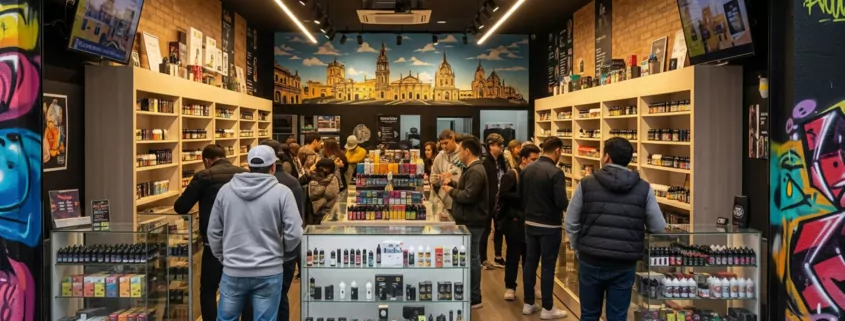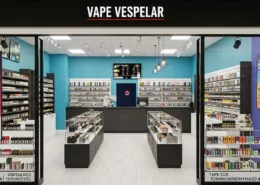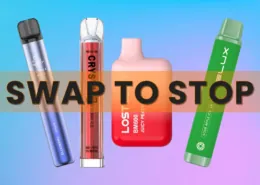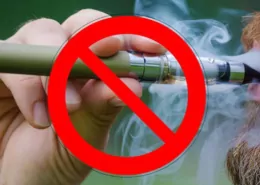How to Open a Vape Shop in Colombia (2025 Legal Guide)
Colombia, a nation known for its vibrant culture and dynamic economy, has emerged as a significant market for vaping products in Latin America. With a growing consumer base, particularly among middle and upper-class adults, the prospect of opening a vape shop presents a compelling business opportunity. However, this potential is framed by a new and evolving legal landscape. This guide provides a practical roadmap, covering the essential legal rules, business setup steps, and strategic insights needed to successfully establish and operate a vape shop in Colombia as of 2025.
Is Opening a Vape Shop Legal in Colombia?
Yes, opening a vape shop and selling vaping products is legal in Colombia. However, it is a heavily regulated activity. The enactment of Law 2354 of 2024 on May 9, 2024, brought vaping products under a strict regulatory framework similar to traditional tobacco, imposing significant controls on sales, advertising, packaging, and public use. Compliance with these national laws, in addition to general business registration and local municipal requirements, is mandatory.
Understanding the Vape Regulation in Colombia
The cornerstone of vaping regulation in Colombia is Law 2354 of 2024, which amended the existing Anti-Tobacco Law (Law 1335 of 2009). This legislation classifies electronic nicotine delivery systems (ENDS), similar systems without nicotine (SSSN), heated tobacco products, and oral nicotine products as “tobacco imitations,” subjecting them to many of the same stringent controls as conventional cigarettes.
Key provisions that directly impact vape businesses include:
- Prohibition of Sales to Minors: An absolute ban on selling or supplying any vaping product to individuals under the age of 18. This requires retailers to implement robust age verification processes.
- Strict Advertising and Promotion Restrictions: A comprehensive ban on advertising and promotion of vaping products across all mass media, including television, radio, newspapers, and billboards. Sponsorship of sports and cultural events is also prohibited. All permitted point-of-sale promotions must be neutral and cannot target minors or suggest health benefits.
- Mandatory Packaging and Labeling: All vaping product packaging must feature prominent health warnings and pictograms occupying 30% of the principal display areas, similar to tobacco products. These warnings must be in Spanish and are subject to annual rotation as determined by the Ministry of Health.
- Public Use Restrictions: Vaping is prohibited in all enclosed public spaces and workplaces where smoking is also banned. This includes restaurants, bars, shopping centers, parks, and public transportation.
Businesses involved in the production and commercialization of these products were given a one-year transition period from the law’s enactment (until May 9, 2025) to fully comply with the new packaging, labeling, and advertising restrictions.
Practical Steps to Opening Your Vape Shop in Colombia
Launching your shop involves a systematic process. Here’s a more realistic, step-by-step approach:
Step 1: Create a Solid Business Plan
This is your foundation. Your plan should outline your target audience (market research suggests this is primarily middle and upper-class adults in Colombia), your budget, and your unique selling proposition. What kind of shop will you be? A high-end boutique, a community hub, or a convenient neighborhood store? Plan your finances, including startup costs for rent, initial inventory, licensing, and operational expenses.
Step 2: Legally Register Your Business
To operate legally, you must register your business as a formal entity in Colombia. This involves several administrative steps:
- Choose a Business Structure: For most small retail businesses, the Simplified Stock Company (Sociedad por Acciones Simplificada – S.A.S.) is the most recommended structure. It’s flexible and provides limited liability protection.
- Register with Authorities: You will need to register your company name with the local Chamber of Commerce and then register with the Colombian Tax Authority (DIAN) to obtain your Tax Identification Number (NIT). This NIT is essential for all financial activities, including opening a bank account and paying taxes.
Expert Tip: The business registration process in Colombia can be bureaucratic and complex, especially for foreigners. It is highly recommended to hire a local accounting firm or a business setup agency (known as a “gestor”). While this will incur a fee, it will make the process much simpler and more efficient, ensuring all paperwork is filed correctly and saving you from potential headaches and delays.
Step 3: Find a Compliant Retail Location
Your physical location is critical. When choosing a spot, you must consider local zoning laws. While there isn’t a specific national zoning law for vape shops yet, municipalities may have restrictions on where tobacco-related businesses can operate, such as prohibiting them from being located near schools or parks. Before signing a lease, verify with the local municipal planning office that a vape shop is a permitted use for that location.
Mandatory Retailer Licensing
Once you have a registered business and a location, you must obtain the necessary operating permits from your local municipality:
- Municipal Business License (Licencia Municipal de Comercio): This is the general license to operate a retail business in your city.
- Health and Safety Permits: You will likely need approvals from the local health department and fire department to ensure your shop meets all safety standards.
Expert Tip: Just like with business registration, navigating municipal permits can be challenging. A local agent or lawyer can be invaluable here. They understand the local requirements and can manage the application process on your behalf, which is often much more efficient than trying to do it yourself.
Step 5: Source Compliant Products from a Local Distributor
As a retail shop owner, you will not be handling international importation and customs procedures yourself. Your responsibility is to find a reputable Colombian-based distributor or wholesaler who can guarantee that their products are legally imported and fully compliant with Law 2354. When vetting a supplier, you must ensure:
- Their products adhere to the packaging and health warning requirements.
- They can provide documentation proving the legality of their products.
- They do not supply you with any products that are banned or non-compliant.
Building a strong relationship with a trustworthy local supplier who understands the regulatory landscape is crucial for the long-term success and legality of your business.
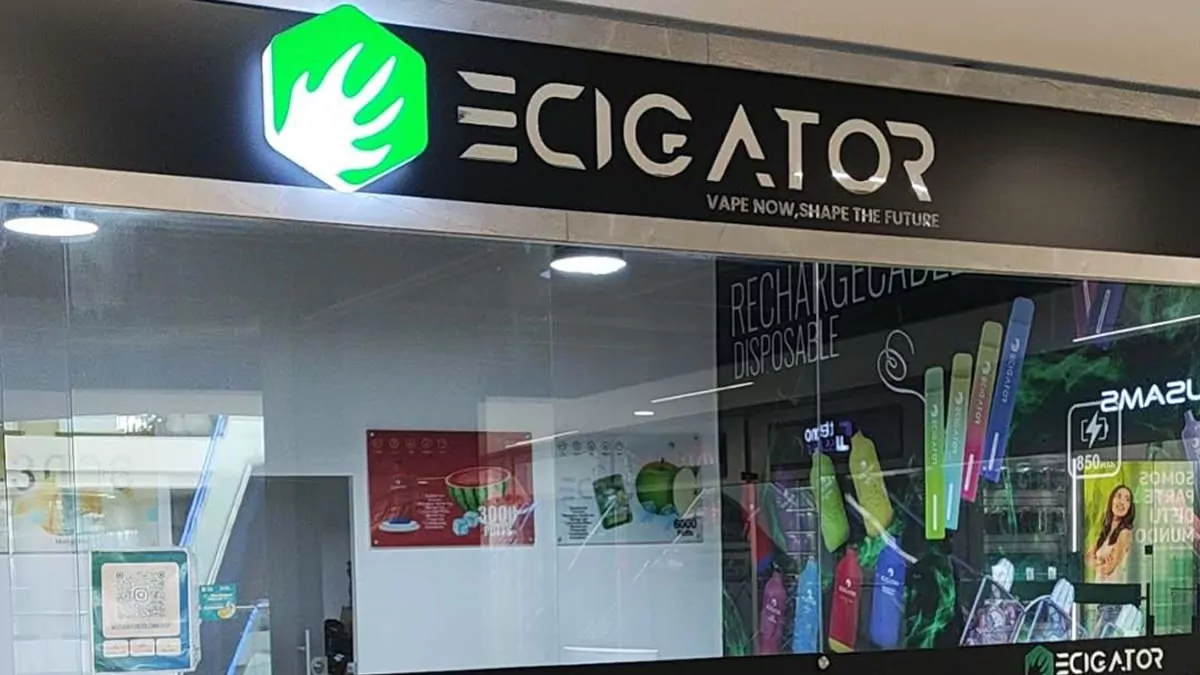
Step 6: Set Up Your Store and Train Your Staff
With the legal and supply chain foundations in place, you can focus on setting up your physical store. This includes investing in a reliable Point-of-Sale (POS) system, designing your interior to be welcoming to adults while complying with display restrictions, and, most importantly, training your staff. Your employees must be thoroughly trained on all aspects of Law 2354, especially the strict age verification procedures and the prohibition on making unapproved health claims.
Taxes and Startup Costs of Vape Shop in Colombia
A solid financial plan is critical for launching and sustaining your vape shop.
Tax Obligations
You must account for several layers of taxation:
- Value Added Tax (VAT): Colombia applies a standard VAT rate of 19% to most goods and services, including vaping products.
- Proposed Health Tax: A bill to impose an additional 30% health tax on e-cigarettes and vaping products has been approved by Congress and is expected to become law. You must factor this significant cost into your pricing strategy.
- Corporate Income Tax: Your business profits will be subject to Colombia’s corporate income tax rate of 35%.
Startup and Operational Costs
Based on international benchmarks and local market conditions, the estimated costs are:
- Initial Startup Investment: Typically ranges from $25,000 to $60,000 USD. This includes licensing and professional agent fees, initial inventory purchase, store rent deposit and fit-out, and POS systems.
- Ongoing Operational Costs: Monthly expenses can range from $6,000 to $11,000 USD, covering rent, utilities, salaries, inventory replenishment, and insurance.
Operational Management and Compliance
Day-to-day operations must be managed with a constant focus on regulatory compliance.
- Strict Age Verification: Implement a robust age verification system at the point of sale and train all staff thoroughly on the legal requirement to check ID for anyone appearing under 27 and to refuse sales to minors under 18.
- Compliant Marketing: Ensure all in-store displays and any limited promotional activities adhere strictly to the advertising restrictions under Law 2354. Avoid any marketing that could be perceived as targeting youth.
- Employee Management: Comply with Colombian labor law, including proper employment contracts, social security contributions (health, pension, etc., totaling approx. 28.5% of salary), and mandatory workplace policies (e.g., health and safety, data privacy).
- Stay Informed: The regulatory environment is new and dynamic. Establish a system for monitoring updates from the Ministry of Health, the Superintendence of Industry and Commerce (SIC), and DIAN. The SIC recently issued Resolution 30838, requiring detailed product information to be provided to consumers within six months, underscoring the need for vigilance.
Market Opportunities and Challenges
The South American vape market is projected to grow significantly, reaching an estimated $1.4 billion by 2024, with a compound annual growth rate of 30.4% through 2031. Colombia represents a key part of this market. Unlike in some other countries where youth vaping is the primary driver, the consumer base in Colombia is reported to be predominantly from middle and upper-class demographics across all adult age groups, presenting a unique and potentially more stable market opportunity.
However, the primary challenge remains navigating the stringent and evolving regulatory landscape. The high tax burden and advertising restrictions require innovative and compliant business strategies. The risk of significant fines (up to approximately USD $136,000) for non-compliance means that legal and regulatory diligence cannot be overstated.
Ecigator is one of the well-known vape brands spun off from FM Technology Co., Ltd, it’s an ISO-certified disposable vape manufacturer for OEMs, ODMs, and OBM since 2010. The founder team comes from top firms with more than 10 years of experience in the vaping industry and has devoted thousands of hours to providing users with a better and better experience.
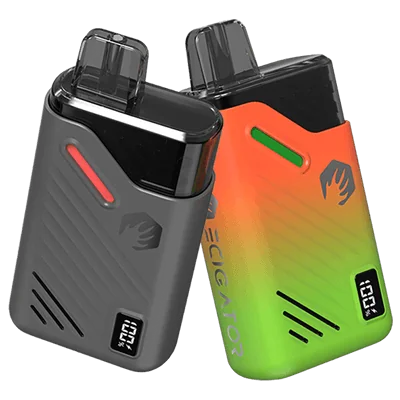
18K Disposable Pod Kit
Disposable Pod Kit – 18ml changeable pod with 650mAh rechargeable battery.
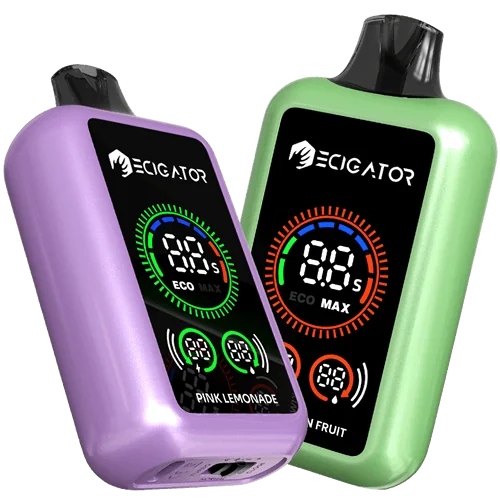
20K with Large Screen
20000 Puffs Disposable Vape with large screen. Normal and Boost working modes.
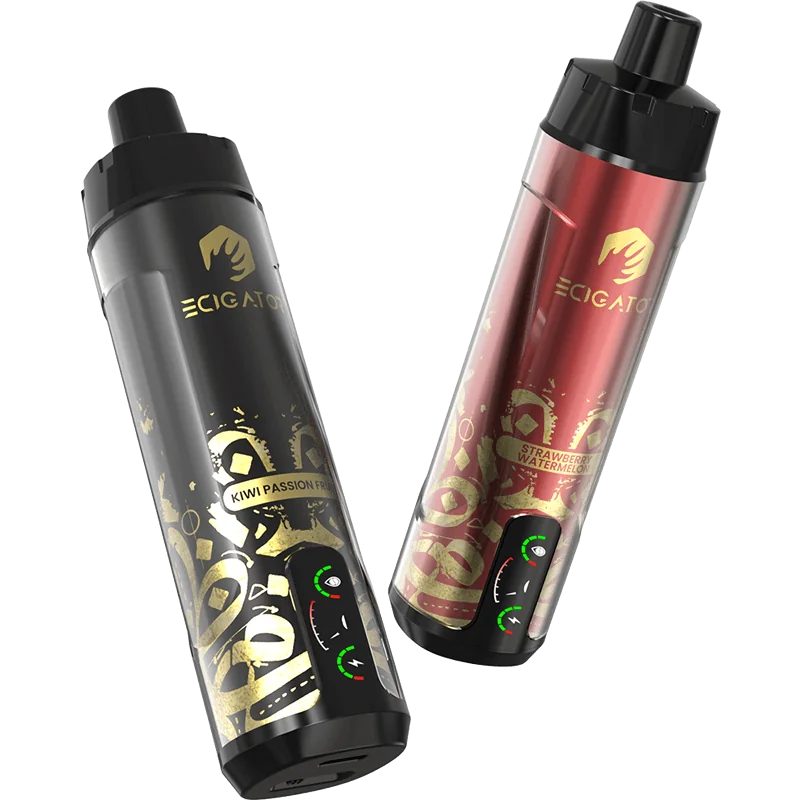
20K DTL Disposable
20K Puffs DTL(Directly to Lung) disposable vape with airflow control and screen.
Conclusion:
Opening a vape shop in Colombia in 2025 is a venture with clear potential, but it operates within a new, strict regulatory reality. The path to success is no longer just about having a great location and product selection; it’s about building a business founded on meticulous legal compliance. By embracing the regulations of Law 2354, focusing on responsible retail practices like strict age verification, and building a trustworthy brand, entrepreneurs can establish a thriving and sustainable vape shop that responsibly serves Colombia’s growing market of adult consumers.
- How to Open a Vape Shop in Colombia (2025 Legal Guide) - July 14, 2025
- Vaping Laws in Canada – Everything You Need to Know - July 14, 2025
- How to Get a Vape Business License in Canada (2025 Guide) - July 13, 2025

